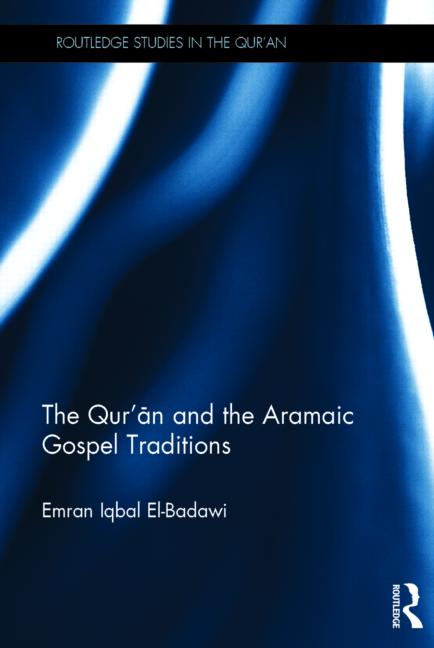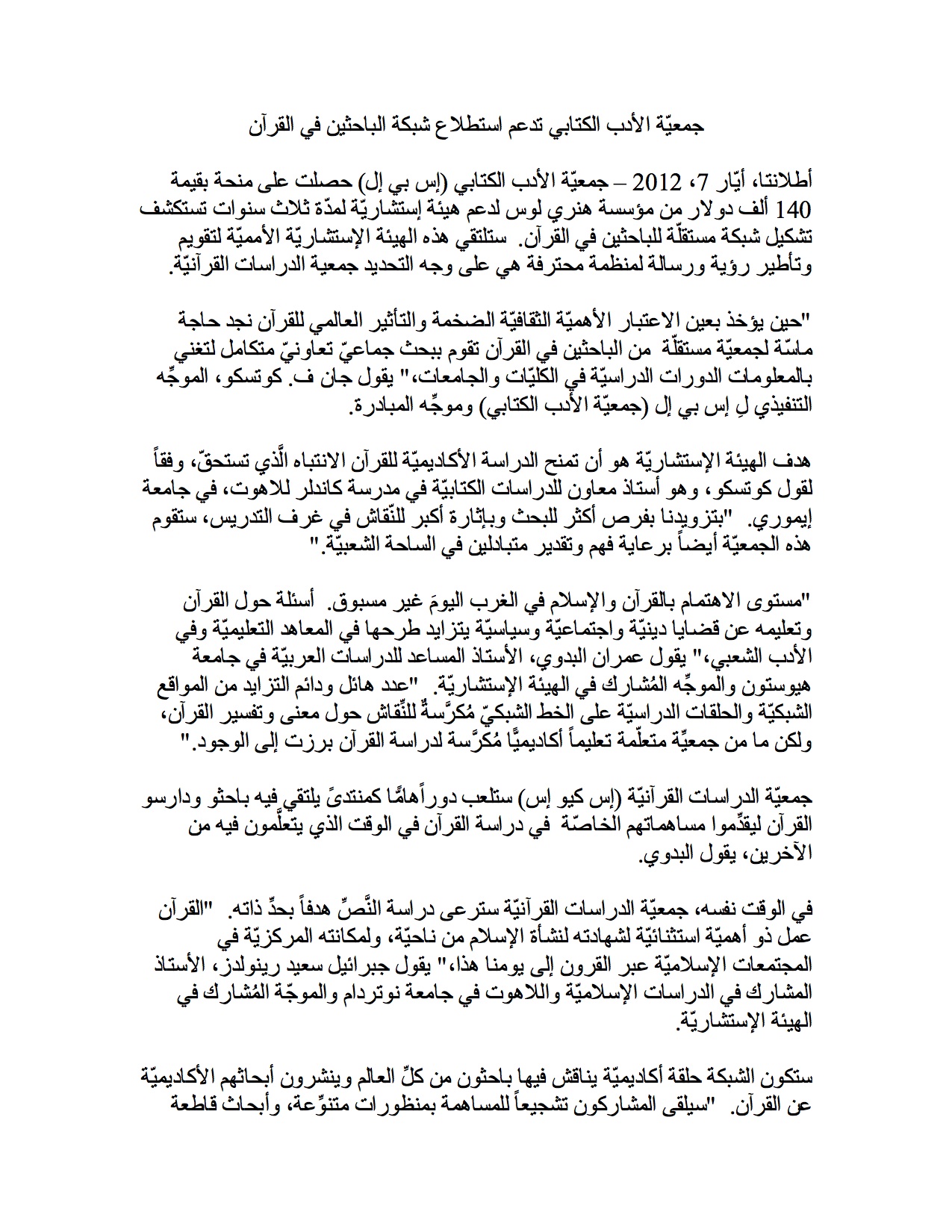البحث عن سياق القرآن التاريخي – نبذة عن الدراسات القرآنية الحديثة
*By Emran El-Badawi | الدكتور عمران البدوي
The following is an excerpt of a review article providing an overview of the modern academic discipline of Qur’anic Studies. Its content discusses the ‘traditionalist’ and ‘revisionist’ schools, and academic approaches that fall somewhere in the middle.
أشارككم المحاضرة الوجيزة هذه من أجل إعطاء نظرة عامة عن الدراسات القرآنية الحديثة بشأن نص القرآن والتاريخ الإسلامي الباكر بشكل وجيز. ولكن قبل أن نخوض معا في تفاصيل هذا الحديث، أتذكر أن الدكتور نصر حامد أبو زيد ألقى محاضرة مثيرة جدا قبل وفاته العام ٢٠١٠ بقليل عن علوم القرآن في حشد كبير من الأساتذة والطلبة والجمهور العام بالجامعة الأميركية في بيروت. لا حاجة لنا إلى أن نذكر أفكار أبي زيد أو معاناته نتيجة لأفكاره المثيرة للجدل. بل ما أريد التعبير عنه الآن هو أن الجامعات لا بد من أن تبقى منبرا ومنبعا للتقدم الفكري والثقافي . إلى موضوعنا وهو
سياق القرآن التاريخي
هناك تياران في الدراسة القرآنية الحديثة حول مسألة سياق القرآن التاريخي : أحدهما وهو الأقدم يوفق بين النص القرآني والتراث الإسلامي وأسميه التيار التقليدي ، والآخر يستنبط سياق القرآن من النص وحده، ويبتعد عن السيرة والتفسير بشكل عام ، وأسمي هذا بالتيار التنقيحي. إلا أ نه صدرت مؤخرا أبحاث تقع مناهجها العلمية بين هذا وذاك. نبدأ حديثنا عن المراجع التقليدية التي يعتمد عليها التيار التقليدي ، أي التراث الإسلامي نفسه
** PDF – إضغط هنا لمواصلة القراءة **
* This blog post is a slightly modified version of http://iqlid.wordpress.com, and it is part of a longer article published in Al-Machreq Online | المشرق الرقميَّة – العدد الخامس – كانون الأول ٢٠١٤
© International Qur’anic Studies Association, 2013. All rights reserved.





